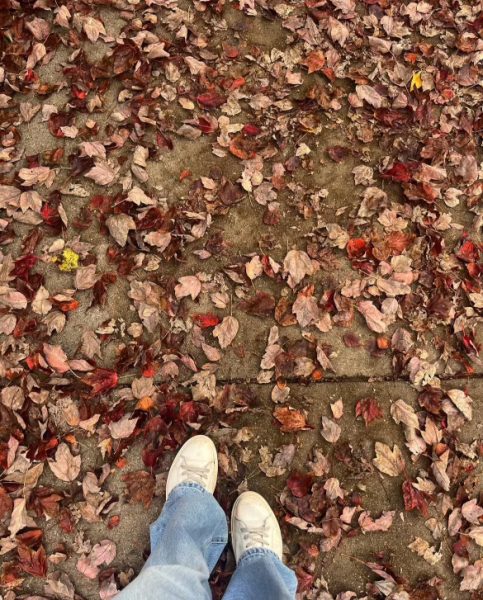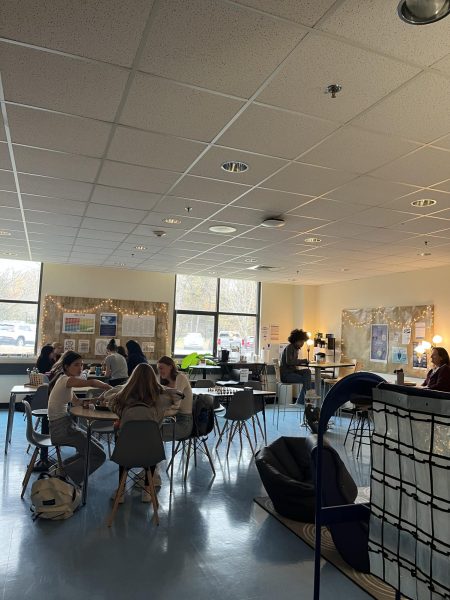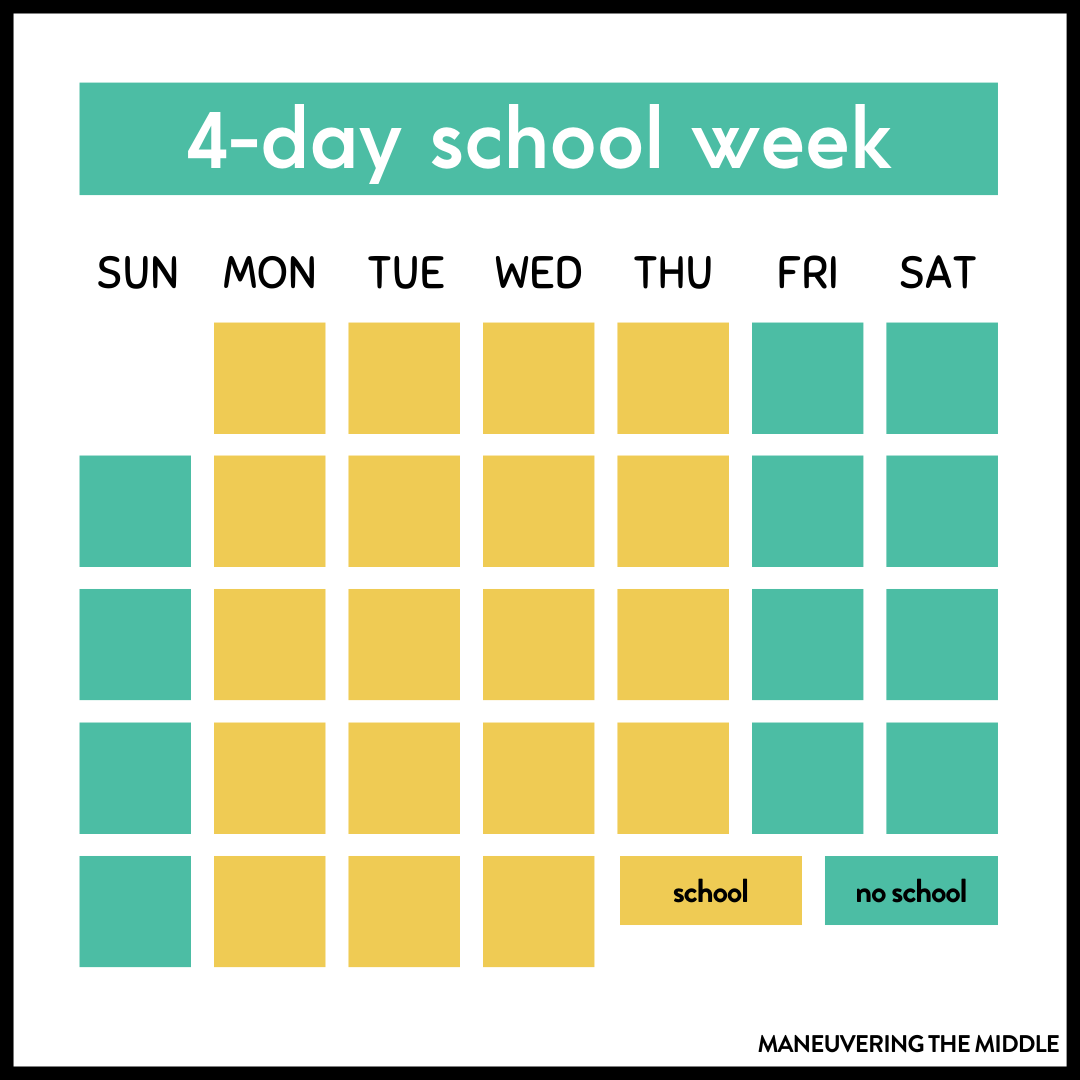
As the seasons change from summer to fall, and eventually winter, it is common to notice changes in our mood. While some people thrive in colder weather, many people across the world tend to feel more tired or unmotivated when the temperature drops. If this is you, not to worry–it is both normal and manageable.
What happens during these months that creates a commonly experienced drop in mood? The answer has to do with the sun. As we move into the winter, people naturally get less sunlight exposure in comparison to summer months–and this can have some damaging effects. Reduced sunlight can disrupt the body’s circadian rhythm, also known as our biological clock. Circadian rhythm signals the body when to be alert or restful, and when it is disrupted, it can have various impacts on both physical and mental health.
The most glaring effect of an imbalanced circadian rhythm is sleep disturbance. When our biological clock is off, it is difficult to get good quality sleep that properly rests our minds and bodies. This accounts for the irritability and fatigue many people feel during the day in the winter seasons. However, disruption in circadian rhythms doesn’t stop there; it is also linked to mental health struggles, often resulting in increased feelings of anxiety, depression, and stress. Overall, when we receive less sun in the cold Connecticut months, we are biologically inclined to feel less rested, energized, and healthy.
As high school students, we are especially susceptible to seasonal mental-wellness changes. Whether it be college applications, keeping up with school work, or managing sports or jobs, our DHS students are definitely busy as we go into the colder seasons–and with that comes increased stress. For students, this stress can make us more likely to stay inside and miss out on the crucial sunlight that keeps us healthy. Senior Rachele Romano says that in the winter her school work piles up, sometimes she spends “the whole day inside studying,” instead of spending time outdoors or on wellness activities. The result: Romano describes that the winter can feel like a “long rut”.

For other students, the shorter length of daylight is the main drag during the cold seasons. As the sun starts to set at 4 pm, there is less opportunity to take in the light, and more hours living in the dark–no wonder we are so tired! Senior Paige Westbrook says, “I feel less motivated to do things for myself when it’s dark out.” Between the lack of warm sunshine and an often dreary atmosphere that can get students feeling down, the colder seasons can be challenging.
However, there are always ways to manage. Wellness Center Facilitator Ms. Judy Phillips says that DHS students are great at taking advantage of our wellness resources during times of stress. Phillips notes that the Wellness Center fills up with students during important weeks of testing or other important periods, a trend that shows students are taking action for their wellness. Taking time to disconnect, chat with friends, and relax with our Wellness Center’s variety of anti-stress activities is a great way to ground yourself in the midst of hectic pressure.
Maximizing our wellness inside of school is important, but outside as well. Senior Lyle Brown says that though the winter can feel bleak, she finds that staying active is the best way to feel optimistic. Brown’s advice is to “spend time with friends, exercise, and don’t isolate yourself,” in order to prevent or alleviate a mental rut in the colder seasons. Socialization and exercise release endorphins, feel-good chemicals in the brain, that are crucial for having a healthy mind; they are important to prioritize if the winter is getting you down. For more tips on curing the winter blues, visit these ten points from Nebraska Medicine.
As we transition into the winter and confront its unique set of challenges, we must remember that taking care of yourself is most important. Just simple lifestyle changes–moving your body, staying productive, and connecting with friends and family each day–can make a world of difference in boosting spirits and mood. Remember, natural light is your friend; as we go into winter, spending 15-30 minutes outside each day can do wonders for your health. And don’t worry, the joys of winter are coming too: festivities, cozy gatherings, yummy hot drinks and more to look forward to!













